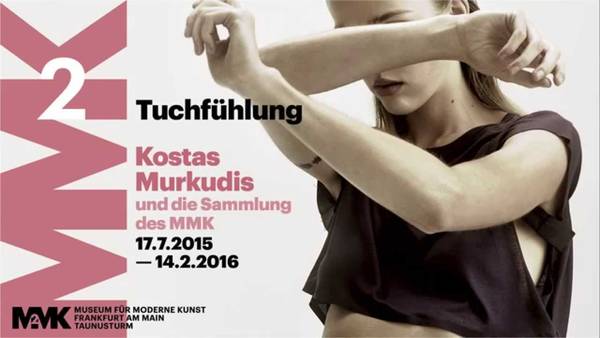
The German Tuchfühlung
The German imagination with (Tuch) knows no boundaries.. Linguistically it is related to English “touch”. Tuch can be anything from a thin piece of cloth / cover, tablecloth, a scarf or even the farbric itself. Since Tuch is cover it can refer to clothes or anything on your skin, close to or touching your body. Thus Tuch can fire the German imagination idiomatically in (auf Tuchfühlung sitzen/sein) which means (be close to somebody). You can say if you don´t like to sit too close to somebody: Ich mag es nicht, wenn man mit mir auf Tuchfühlung sitzt.
As mentioned, the idea of Tuchfühlung is based on very close contact so that large parts of the clothes of the two parties meeting (at minimal distance) can touch to the degree that you slightly feel the skin and electricity (with women) or aversion (with men). In a way this contradicts the German personal space (the fingertip / wrist zone) needed in conversation in comparison with the Italians (elbow zone) who usually need less personal distance when meeting.
The term has its military origin with soldiers standing very close to each other. However, it mirrors the typical German neighborly problems as well if you are the unlucky one and happen to live in a flat or a row house (terraced house). Yet, Tuchfühlung can be very positive to signalize socialization, collegiality, sharing and cooperation which is again a very communist German way of life reflected linguistically in the many words which begin with (Mit: with) such as Mitarbeiter (co-worker), Mitbewohner (flatmate / roommate)…..
The Germans believe that if you have Tuch (clothes) on your skin as in (betucht) it means that you are well-off/rich but Tuch can also be a red rag to a bull to you in (wirkt wie ein rotes Tuch auf dich). Thanks God (tüchtig: efficient /hard-working) is not from Tuch but from mhd. Tūht which is based on power / strength.
Jamshid
Bremen, 30 May 2016
